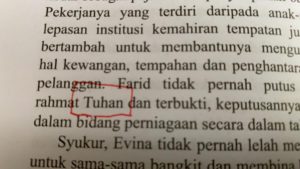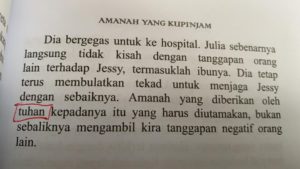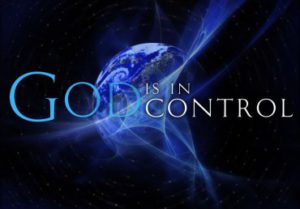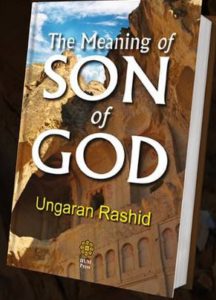 Author: Ungaran Rashid Author: Ungaran RashidPublisher: IIUM Press, 2021. ISBN 9789674910945 No. of pages: 128 Price: RM 45.00 |
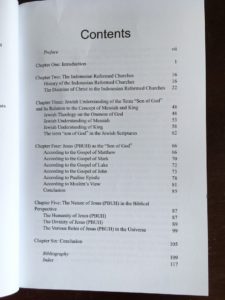 |
[This book is a revised version a thesis in fulfilment of the requirement for the degree of Master of Islamic Revealed Knowledge and Heritage (Uṣūl al-Dīn and Comparative Religion) at International Islamic University Malaysia, Kuala Lumpur].
Muslim scholars’ critique of the Christian teaching of the deity of Christ would be more credible if it engages with the origin of divine Christology in its historical context rather than relies on dogmatic assertions of Islamic doctrine. As such, this book is a commendable attempt by a Muslim scholar to engage with Christian scholarship based on historical criticism of primary sources and critical analysis of concepts of Christology.
For Christians, “Son of God” describes the filial relationship between Jesus Christ and God the Father. However, Muslims reject the Christian understanding and assert that “He (Allah) begot no one nor was He begotten” (Sura 112 – Abdel Haleem translation). Dr. Ungaran Rashid, assistant professor at International Islamic University, Malaysia, argues that the way to resolve this conflict of interpretation is to examine the term “Son of God” from the main source, which is Jewish Scriptures (Ungaran’s term for the Old Testament). Continue reading “The Meaning of “Son of God”: A Muslim Critique – Christology Part 1″

